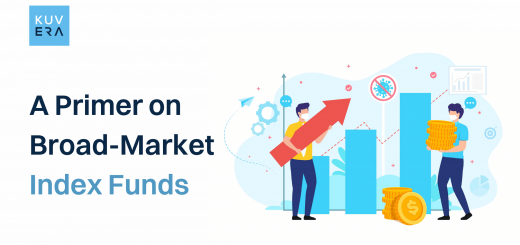Here are some key points to consider when investing in debt mutual funds:
1. Types of debt mutual funds: Debt mutual funds are categorized based on the duration of the underlying securities they invest in. There are three types of debt mutual funds – short-term debt funds, medium-term debt funds, and long-term debt funds.
2. Risks involved: Debt mutual funds are relatively low-risk investment options compared to equity mutual funds. However, they are still subject to certain risks, such as interest rate risk, credit risk, liquidity risk, and reinvestment risk.
3. Returns on investment: The returns on debt mutual funds are typically higher than traditional fixed deposits. However, the returns are not guaranteed and can vary depending on market conditions and the performance of the underlying securities.
4. Tax implications: Debt mutual funds held for more than three years are taxed at the long-term capital gains tax rate of 20% with indexation benefits. Short-term capital gains on debt mutual funds held for less than three years are taxed at the investor’s applicable income tax rate.
5. Expense ratio: Debt mutual funds charge an expense ratio, which is the fee charged by the fund house for managing the fund. The expense ratio can vary depending on the fund and can impact the returns on investment.
6. Investment horizon: Debt mutual funds are suitable for investors with a medium to long-term investment horizon. It is advisable to stay invested in debt mutual funds for at least three to five years to earn better returns.
In conclusion, debt mutual funds are a low-risk investment option that can provide higher returns than traditional fixed deposits. However, investors should consider the risks involved, tax implications, expense ratio, and investment horizon before investing in debt mutual funds. It is advisable to consult a financial advisor before making any investment decisions.
Interested in how we think about the markets?
Read more: Zen And The Art Of Investing
Watch here: How to invest during a bear market?
Start investing through a platform that brings goal planning and investing to your fingertips. Visit kuvera.in to discover Direct Plans and Fixed Deposits and start investing today. #MutualFundSahiHai #KuveraSabseSahiHai











